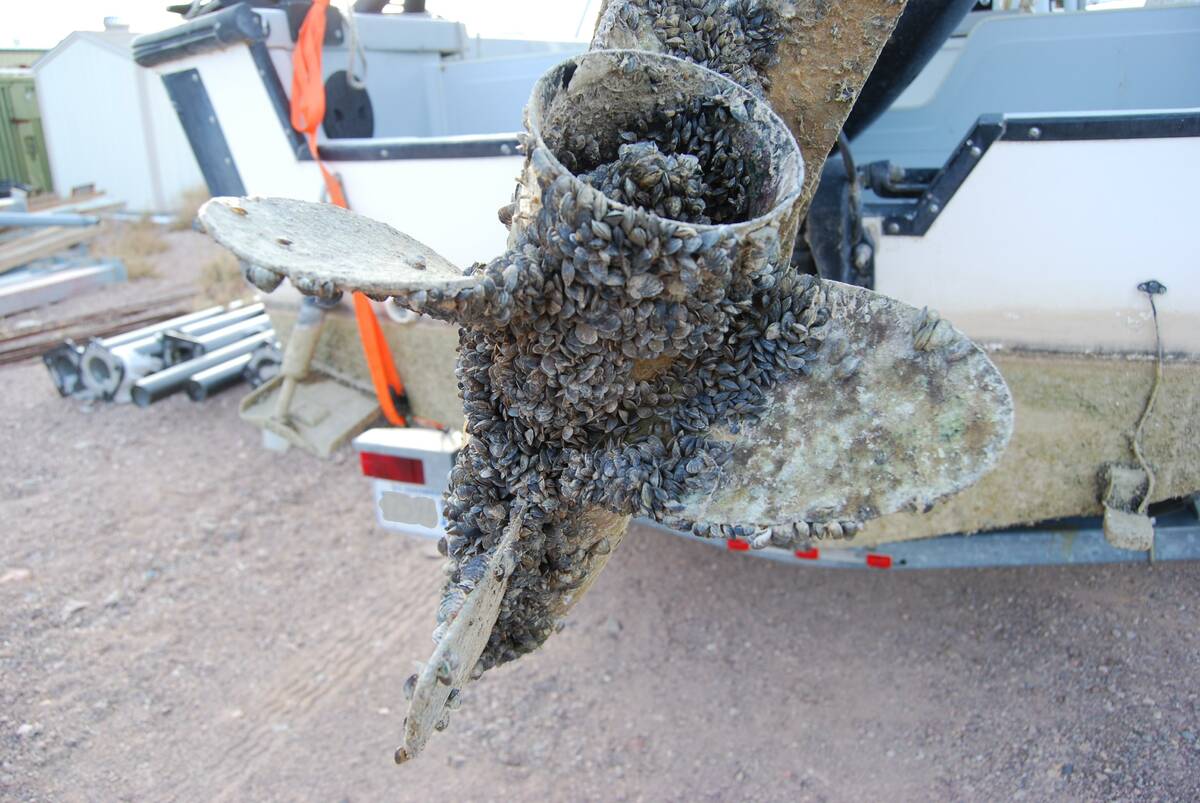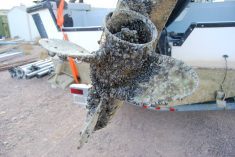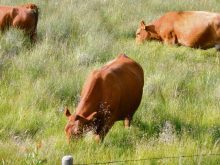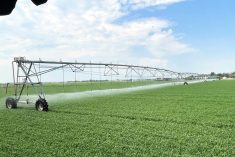Argentina dissolves agricultural export regulator
BUENOS AIRES | REUTERS
Argentina has dissolved the agricultural trade agency ONCCA responsible for the country’s corn and wheat export limits, and the government said it will still seek to guarantee domestic supply of grains.
It was unclear what the move would mean for Argentina’s heavily regulated export policies, which have angered farmers for years.
The government has transferred oversight of the export quotas to a commission controlled by the Agriculture, Economy and Industry ministries, a decree published in the government’s official gazette said.
Read Also

Invasive species council lending a helping hand to Alberta agricultural producers
Alberta Invasive Species Council unveils the huge economic effect of keeping invasive species unchecked to agricultural production in the province.
“One of our priorities is to continue to guarantee domestic supply,” Economy Minister Amado Boudou told reporters.
President Cristina Fernandez’s government says export quotas guarantee domestic food supply and control price hikes. Analysts forecast annual inflation at 25 per cent this year.
Farmers halted grains sales for a week in January to demand the government scrap export curbs, particularly on wheat, and have threatened to protest again once the corn harvest gets into full swing in March.
They argue that, at the very least, permits should be granted all at once at the start of the season.
Farmers have also protested against export taxes on grains, a key revenue earner for Fernandez, who is seen running for re-election in October. Protests in 2008 hurt her popularity, shook local markets and disrupted grains trade.
Soybean exports are taxed at 35 per cent. Exports of soyoil, soymeal, corn, wheat and sunseeds are also taxed – generating about 10 per cent of Argentina’s total tax revenue. The country’s grains and oilseed exports bring in some $20 billion a year.
Syngenta donates corn and soy seeds to Sudan
Syngenta Seeds Canada, Inc. has made a donation of soy and corn seed to the Canadian Economic Development Assistance for Southern Sudan (CEDASS). The donation assists the Jebel Lado project, aimed at establishing one of the first mechanized farming operations in Southern Sudan. The group will plant 120 acres this spring.
Through the program, CE DASS volunteers teach Sudanese tribes how to plant, grow and harvest their own crops to be able to feed themselves, and eventually the neighbouring city of Juba. The Jebel Lado project, run by volunteers from London, Ont., has grown to a 250- acre plot from the original 50 acres in 2010.
Each acre will produce approximately 1.75 tonnes of grain distributed by the World Food Program. Syngenta says the corn and soy will diversify the protein sources in the normally sorghum-based diet.














